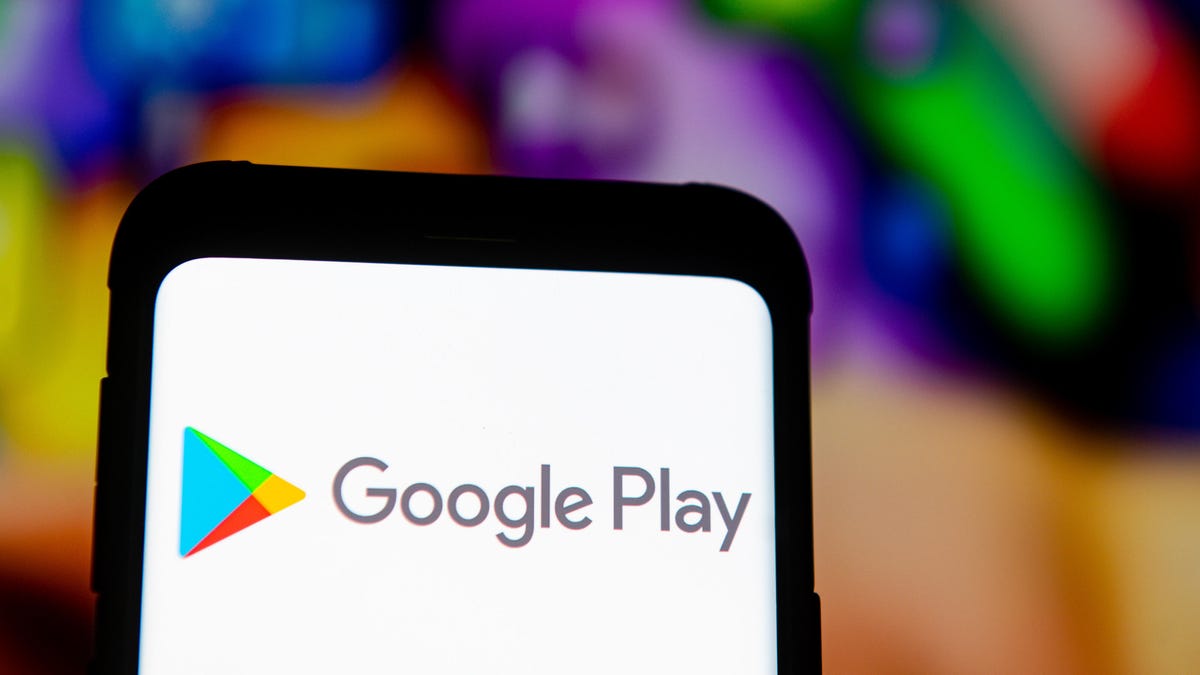Google and Apple grilled on app store policies in tense Senate hearing
Rivals including Match Group and Spotify accuse the tech giants of retaliation and anticompetitive behavior.

Google's Play Store and Apple's App Store were in the congressional spotlight on Wednesday.
At a hearing Wednesday before a Senate Judiciary antitrust subcommittee, Jared Sine, top lawyer for dating-app company Match Group, accused Google of threatening Match in a phone call the night before.
Sine said Google's issue was that Match, which owns apps including Tinder and Hinge, had said in an earlier earnings call that it would work through the fees imposed by Google's app store, but then Match changed its tune in prepared testimony for Wednesday's hearing.
"We're all afraid is the reality, senator. We're fortunate you're listening to us today," said Sine, addressing Sen. Amy Klobuchar of Minnesota, who presided over the hearing.
"And I hope the Justice Department is too," Klobuchar replied.
The exchange typified the tense relationship between big tech companies like Google and Apple and their smaller rivals, as lawmakers and prosecutors look into the alleged monopoly power of Silicon Valley's giants. On Wednesday, the specific focus was the app stores of Google and Apple, and the "gatekeeper" role they play in allowing other companies to reach consumers on mobile phones.
Google's Wilson White, senior director of public policy and government relations, and Apple's Kyle Andeer, chief compliance officer, took the hot seats to defend their companies against rivals who accused the tech giants of exploiting their dominance to edge out competition. The music streaming company Spotify and the tracking device company Tile were among those whose representatives testified.
In response to Match's accusation, Google said the phone call, which didn't get described in detail during the proceedings, wasn't meant as intimidation but simply involved an "honest question." "I respectfully don't view that as a threat," said White, who added that the call sounded like a standard one by a business development employee.
Klobuchar said the subcommittee would look further into the exchange.
Wednesday's hearing didn't include any big tech CEOs, but it marks one of the most substantive ways Congress has attempted to dissect issues around antitrust in Silicon Valley. Some of the past congressional antitrust hearings have been big-ticket spectacles, with the issues overshadowed by the star power of tech celebrities like Facebook's Mark Zuckerberg or Apple's Tim Cook. Wednesday's hearing, by contrast, dug into more granular issues, like the up to 30% tax Google and Apple take from transactions on their app stores.
Epic debate
Apple and Google aren't just facing pressure from lawmakers. The companies are also fighting game maker Epic over their app store policies. Both companies pulled Epic's popular title Fortnite from their app stores last year after the game maker went around the tech giants' payment systems. Fortnite sued both companies. Apple's battle with Epic, though, has been particularly high profile, with a court case due to begin in May, in which Epic plans to make its case that Apple's behavior violates antitrust rules.
Utah Sen. Mike Lee cited some of the evidence from that lawsuit in the hearing Wednesday, arguing that having an app on Apple's store is a necessity -- not an option -- as Apple says.
The App Store has "a captive group of people who have no place else to go, or who can't go," Lee said. He added that many of the companies speaking at the hearing were worried about potential retaliation from Apple and Google. "You're asking us to take your word for it here," he said.
Andeer didn't respond to the evidence from the Epic lawsuit itself, but cited the App Store's size and scope as good for the market. "Look at our 12-year track record," he said. "Everything that we've made available to developers has unlocked a tremendous amount of competition."
Other rivals on Wednesday tried to make the point that Apple and Google owe other companies something for their growth and market power. Horacio Gutierrez, head of global affairs and chief legal officer for Spotify, noted that the iPhone didn't explode in popularity until it invited third-party apps to the platform.
"Apple therefore has things exactly backwards when it claims that companies like Spotify are free riding on Apple's innovations," Gutierrez said. "It's Apple's success that rode in large part on the creativity of third-party app developers that created demand for Apple's devices."



